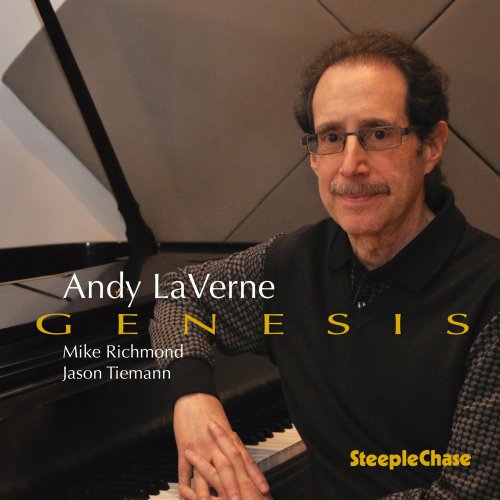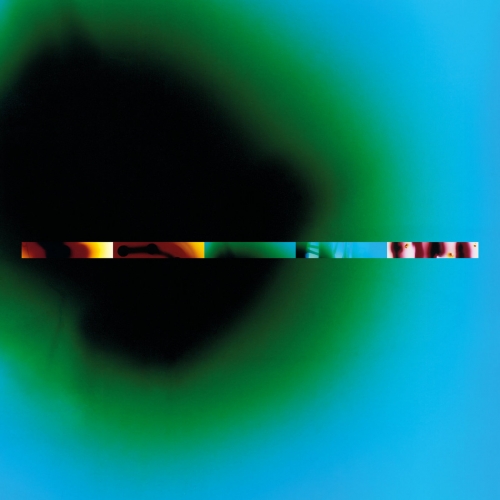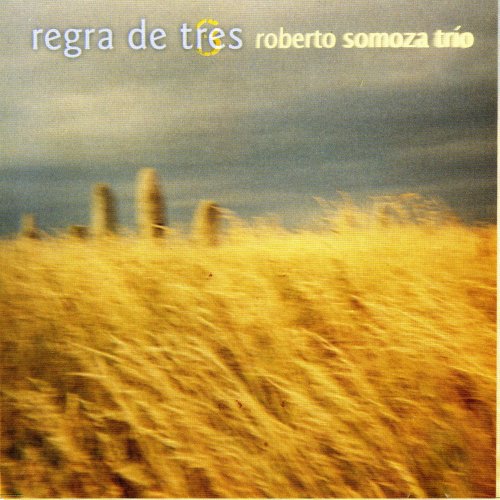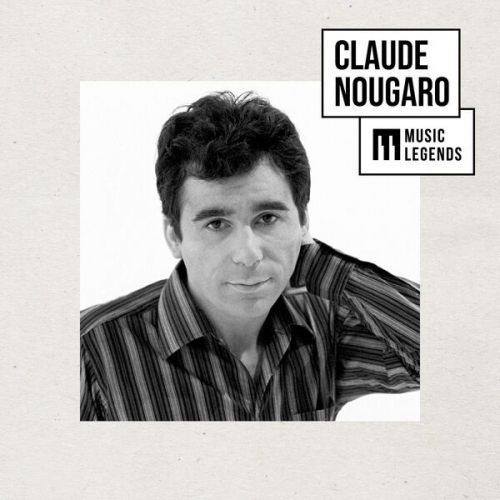Andy LaVerne - Genesis (2016)

Artist: Andy LaVerne
Title: Genesis
Year Of Release: 2016
Label: SteepleChase
Genre: Contemporary Jazz, Post-Bop
Quality: FLAC (tracks)
Total Time: 01:03:21
Total Size: 412 MB
WebSite: Album Preview
Tracklist:Title: Genesis
Year Of Release: 2016
Label: SteepleChase
Genre: Contemporary Jazz, Post-Bop
Quality: FLAC (tracks)
Total Time: 01:03:21
Total Size: 412 MB
WebSite: Album Preview
1. Genesis (07:32)
2. Metafour (05:50)
3. Venus De Milo (05:48)
4. Show Me The Monet (04:06)
5. Do Unto Yourself As You Would Do Unto Others (05:24)
6. Mourning (09:10)
7. Bleu Train (08:00)
8. Why Nobody Just Don't Wanna Do What I Ask Them To Do? (11:45)
9. Piece (05:46)
A well-executed (but somewhat unoriginal) concept
Prolific pianist and educator Andy LaVerne's 2016 release on the SteepleChase label revisits the trio format he explored on his previous release, 2012's "Three's Not a Crowd." Bassist Mike Richmond returns to the trio, while this time around Jason Tiemann plays drums.
The nine tracks are all original compositions by LaVerne, and won't offer many surprises to anyone familiar with LaVerne's other trio recordings. His tunes and solos often blend post-boppy modal harmonies (ala McCoy Tyner or Chick Corea) with more lushly voiced functional harmony (ala Bill Evans) for a style that can be interesting at times, but seldom sounds wholly original. Richmond's bass playing is very good and manages to support LaVerne's playing while also a constant melodic and rhythmic counterpoint. Tiemann's drumming is very good at times, but at other times he seems somewhat uncertain (and lacks the energy that Billy Hart brought to the trio on LaVerne's previous release).
"Metafour" is a good example where Tiemann's drumming seems to be a little lacking. He keeps a steady quarter note pulse underneath the piece and the solos never really seem to develop into anything interesting. Compare this to his playing on "Do Unto Yourself..." which starts similarly but the band feels much more unified and seems to inspire each other to greater heights during the improvisation. This track is also a good example of Richmond's excellent bass work. His playing seems to fit perfectly with LaVerne's, yet its seldom pattern-based and he keeps up a steady stream of new and interesting rhythmic and melodic ideas. The trio sounds great here. Another standout is "Why Nobody Just..." where the band begins with a loose ballad feel but moves spontaneously through a number of different style and mood changes that highlight the group interplay.
Many of the tracks are an interesting mix of influences. "Bleu Train" and "Show Me the Monet" (another favorite) both begin with a more traditional Bill Evans-esque sound but move in a decidedly modal direction in LaVerne's solo. Some of the tracks are more one-note. "Genesis" sounds very influenced by McCoy Tyner, while "Venus de Milo" is a waltz in the style of the Bill Evans trio. Here Richmond switches to cello for the melody, and interestingly uses a pizzicato technique for a cello solo. Several other tracks on the album feature Richmond on cello also.
Overall this disc is a similar approach as many of LaVerne's previous trio recordings. He showcases his pleasant (though not all particularly memorable) compositions and highlights the interplay within the trio. The playing of the individual members of the trio is generally very good (with occasional inconsistencies in the drumming). LaVerne's sound will be very listenable to fans of 60's and 70's post-bop, though they will agree that his is not exactly an original concept. The highlight here is the advanced counterpoint between Richmond and LaVerne that makes an otherwise average album worth at least one close listen.
Prolific pianist and educator Andy LaVerne's 2016 release on the SteepleChase label revisits the trio format he explored on his previous release, 2012's "Three's Not a Crowd." Bassist Mike Richmond returns to the trio, while this time around Jason Tiemann plays drums.
The nine tracks are all original compositions by LaVerne, and won't offer many surprises to anyone familiar with LaVerne's other trio recordings. His tunes and solos often blend post-boppy modal harmonies (ala McCoy Tyner or Chick Corea) with more lushly voiced functional harmony (ala Bill Evans) for a style that can be interesting at times, but seldom sounds wholly original. Richmond's bass playing is very good and manages to support LaVerne's playing while also a constant melodic and rhythmic counterpoint. Tiemann's drumming is very good at times, but at other times he seems somewhat uncertain (and lacks the energy that Billy Hart brought to the trio on LaVerne's previous release).
"Metafour" is a good example where Tiemann's drumming seems to be a little lacking. He keeps a steady quarter note pulse underneath the piece and the solos never really seem to develop into anything interesting. Compare this to his playing on "Do Unto Yourself..." which starts similarly but the band feels much more unified and seems to inspire each other to greater heights during the improvisation. This track is also a good example of Richmond's excellent bass work. His playing seems to fit perfectly with LaVerne's, yet its seldom pattern-based and he keeps up a steady stream of new and interesting rhythmic and melodic ideas. The trio sounds great here. Another standout is "Why Nobody Just..." where the band begins with a loose ballad feel but moves spontaneously through a number of different style and mood changes that highlight the group interplay.
Many of the tracks are an interesting mix of influences. "Bleu Train" and "Show Me the Monet" (another favorite) both begin with a more traditional Bill Evans-esque sound but move in a decidedly modal direction in LaVerne's solo. Some of the tracks are more one-note. "Genesis" sounds very influenced by McCoy Tyner, while "Venus de Milo" is a waltz in the style of the Bill Evans trio. Here Richmond switches to cello for the melody, and interestingly uses a pizzicato technique for a cello solo. Several other tracks on the album feature Richmond on cello also.
Overall this disc is a similar approach as many of LaVerne's previous trio recordings. He showcases his pleasant (though not all particularly memorable) compositions and highlights the interplay within the trio. The playing of the individual members of the trio is generally very good (with occasional inconsistencies in the drumming). LaVerne's sound will be very listenable to fans of 60's and 70's post-bop, though they will agree that his is not exactly an original concept. The highlight here is the advanced counterpoint between Richmond and LaVerne that makes an otherwise average album worth at least one close listen.

![Batila - In Light (2026) [Hi-Res] Batila - In Light (2026) [Hi-Res]](https://img.israbox.com/img/2026-02/23/8fny4jm9awckbp30f8iv1d4uv.jpg)
![Brandon Seabrook - Hellbent Daydream (2026) [Hi-Res] Brandon Seabrook - Hellbent Daydream (2026) [Hi-Res]](https://www.dibpic.com/uploads/posts/2026-02/1771429539_a1475136036_10.jpg)
![Matt Monro - The Nearness Of You (2015) [Hi-Res] Matt Monro - The Nearness Of You (2015) [Hi-Res]](https://www.dibpic.com/uploads/posts/2026-02/1771594612_cover.jpg)

![The Three Seas - Antaḥkaraṇa (2026) [Hi-Res] The Three Seas - Antaḥkaraṇa (2026) [Hi-Res]](https://img.israbox.com/img/2026-02/19/uhghtg21m4gkq8nt8lyl1f5dq.jpg)


